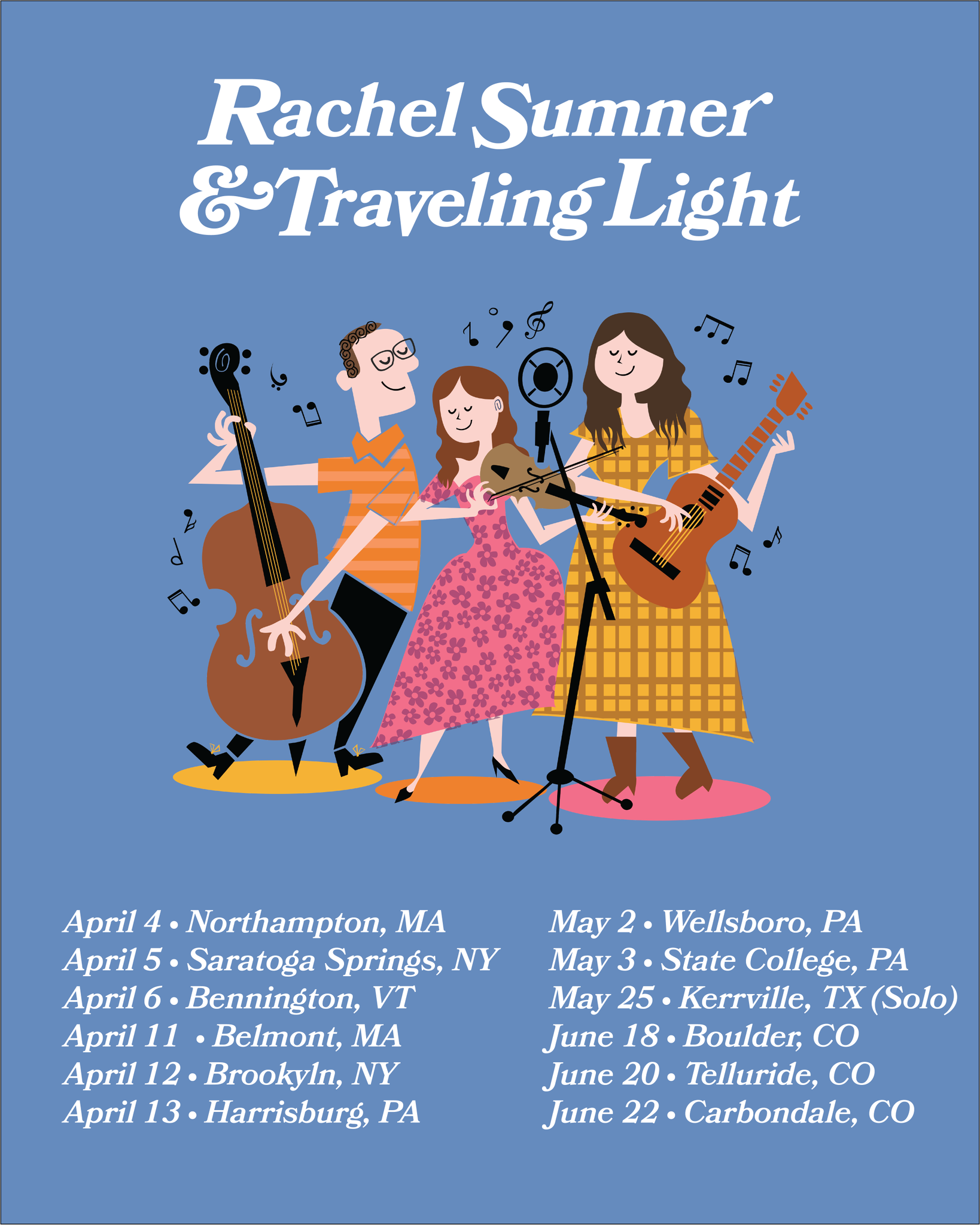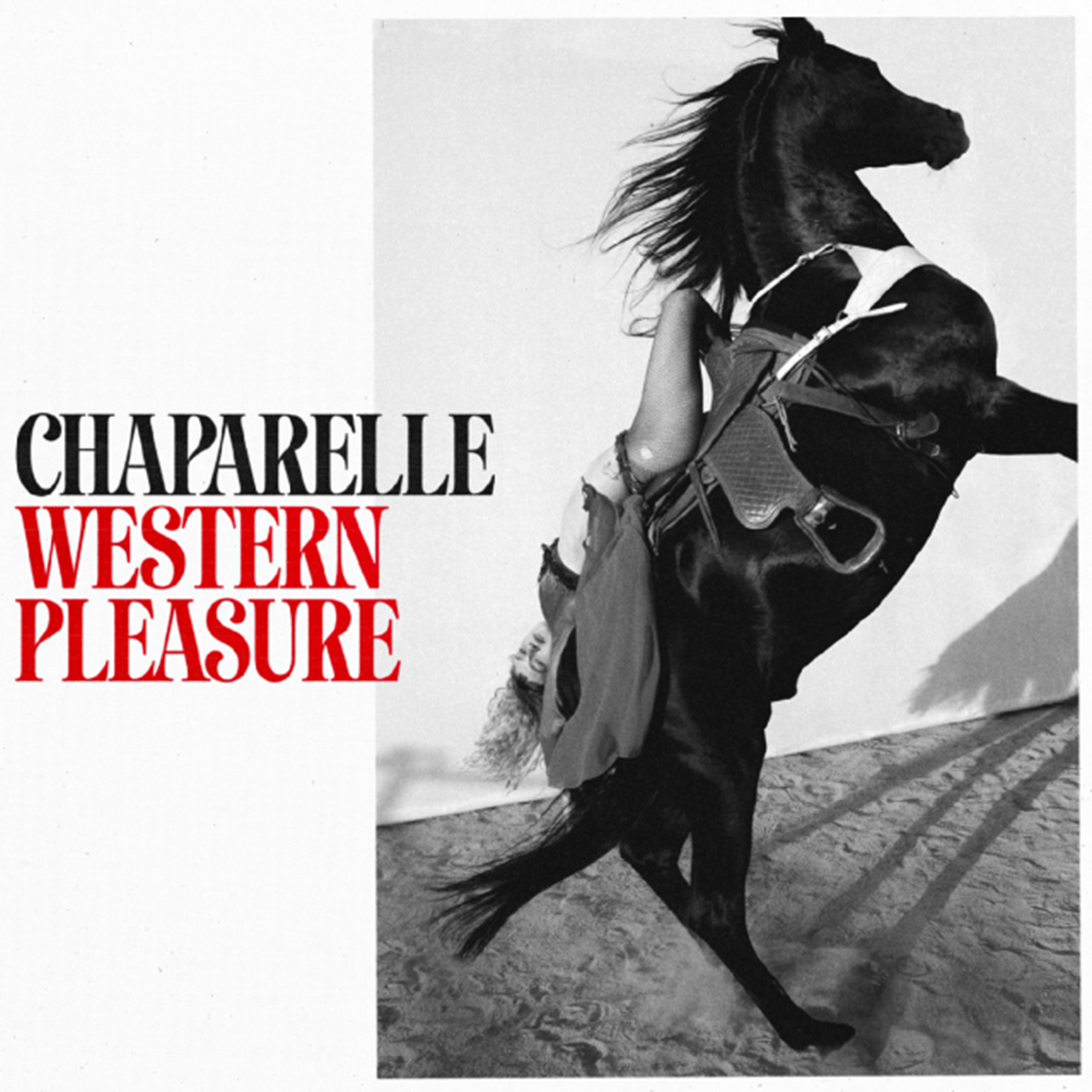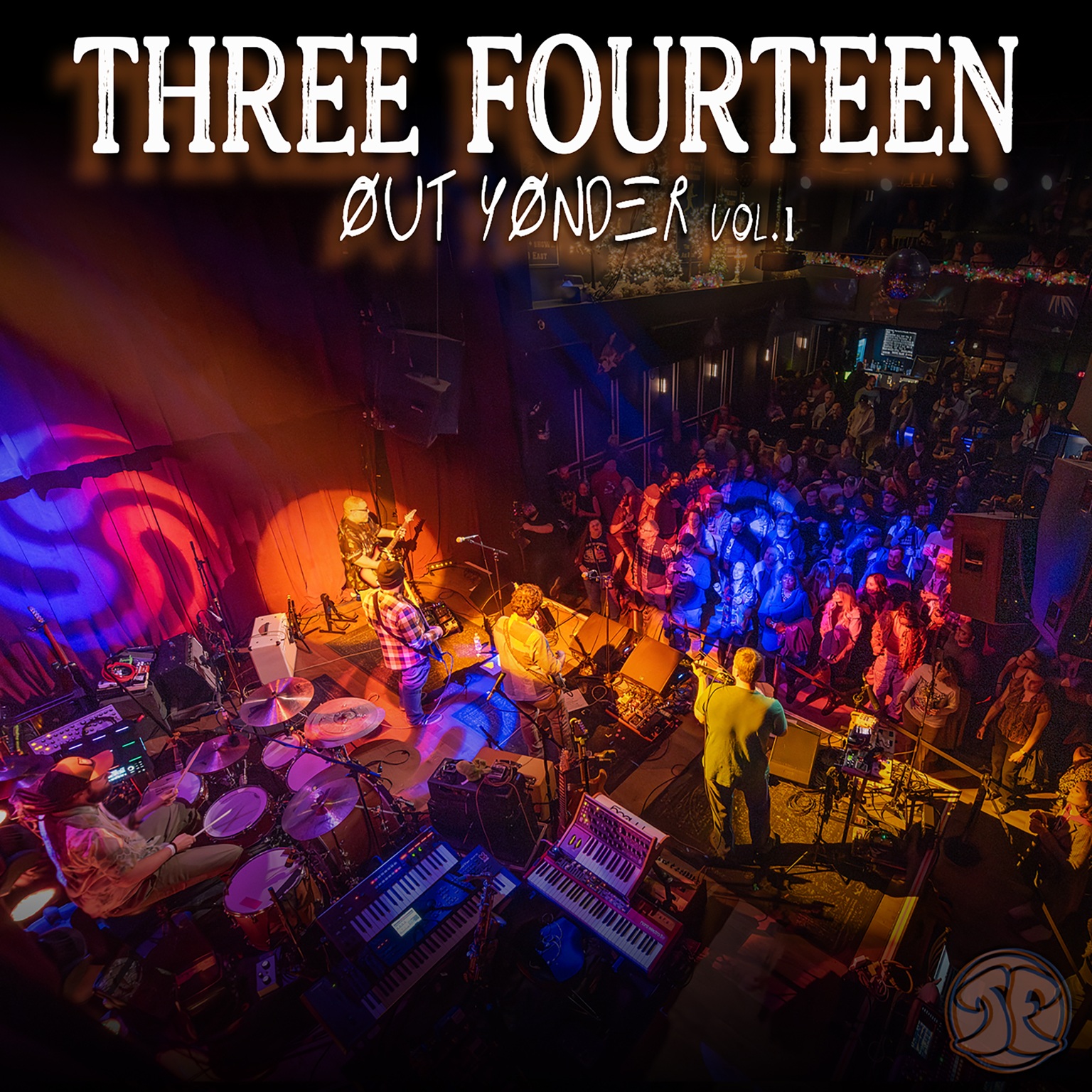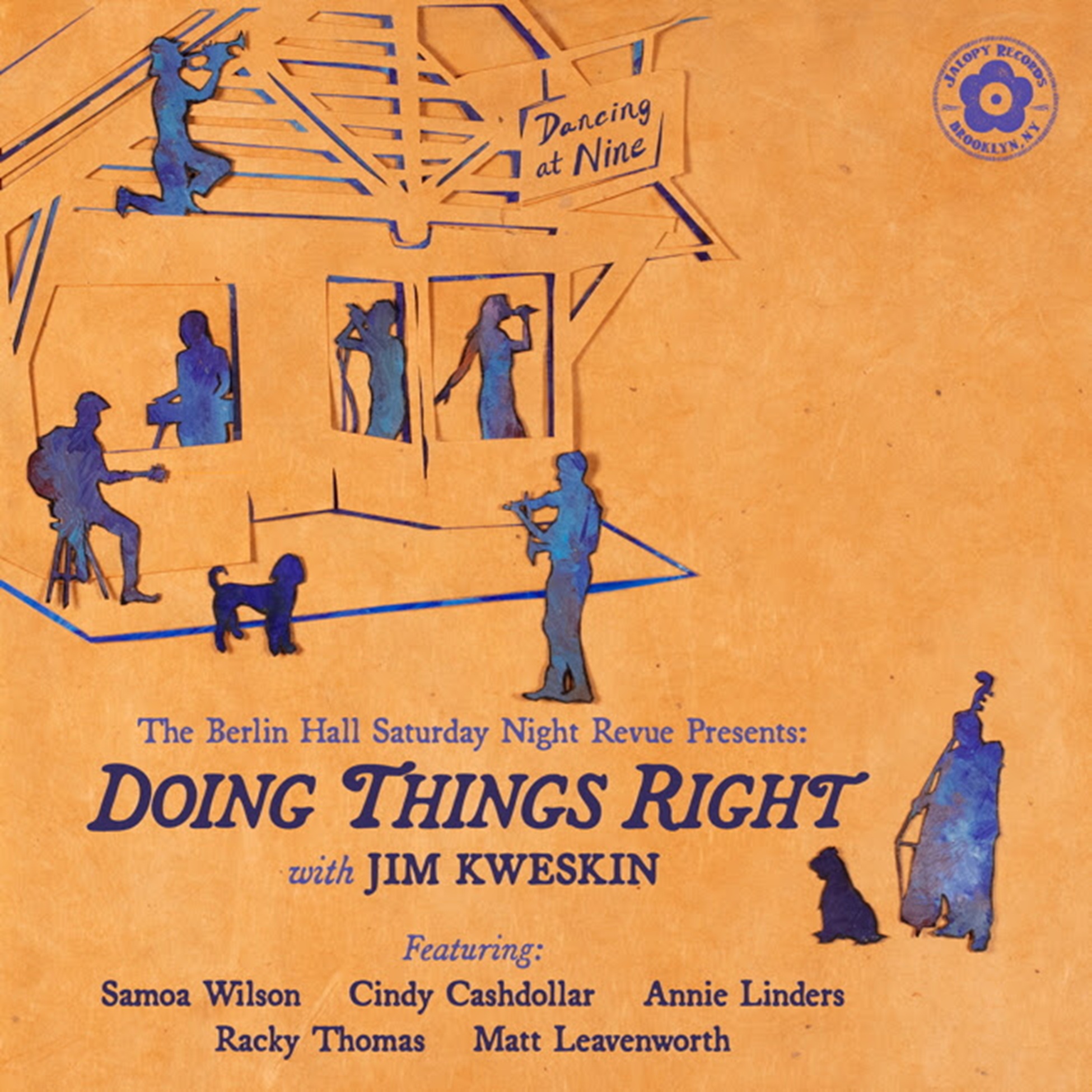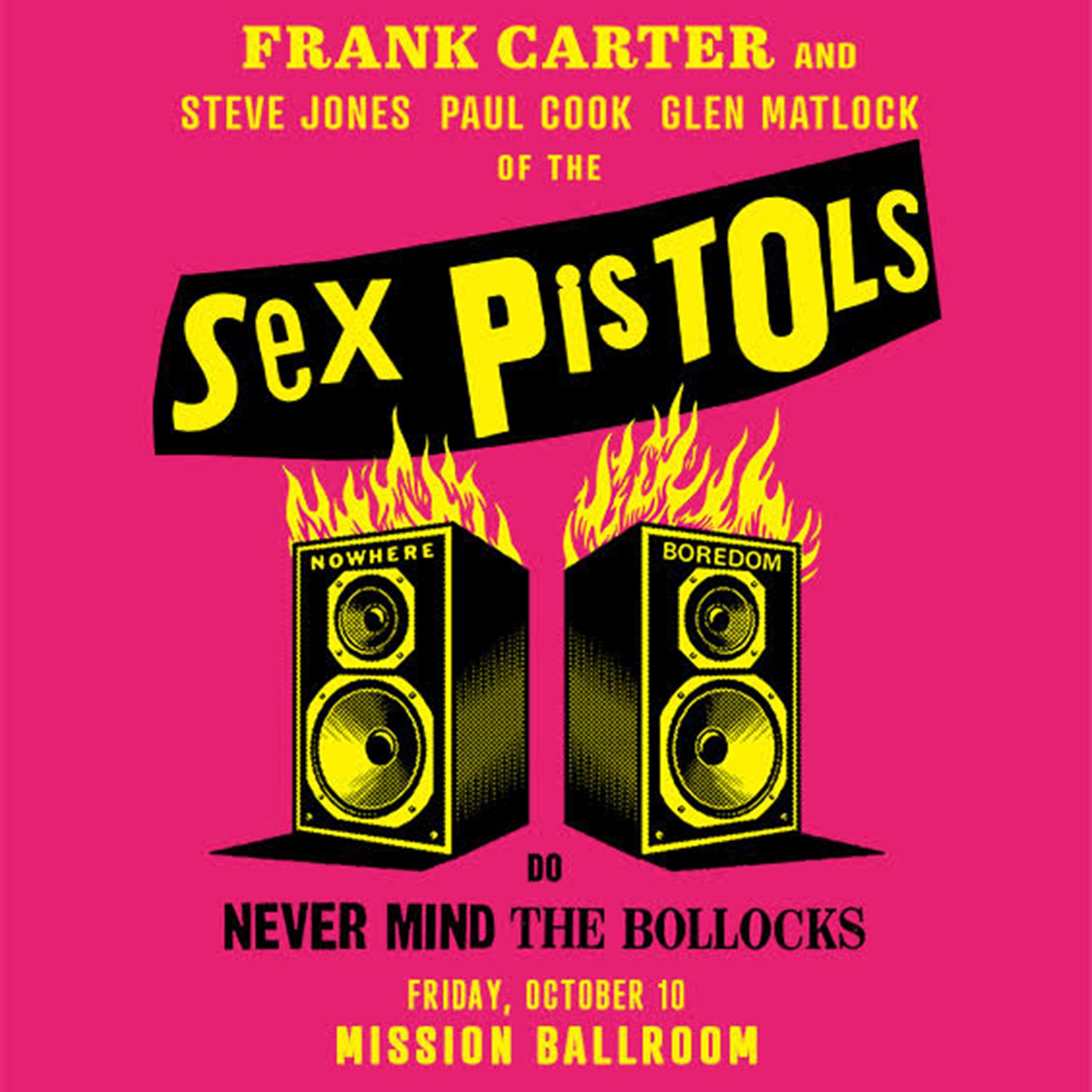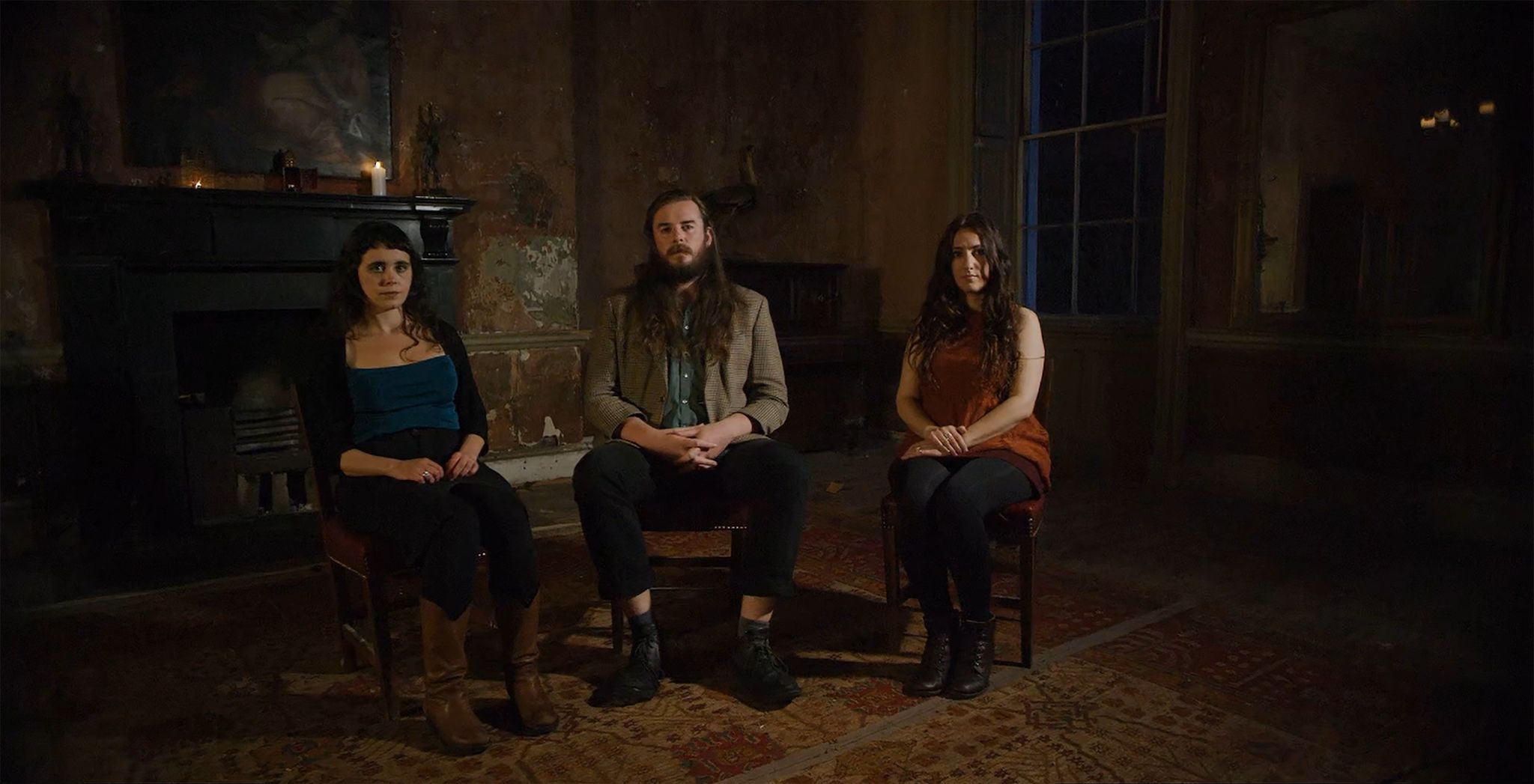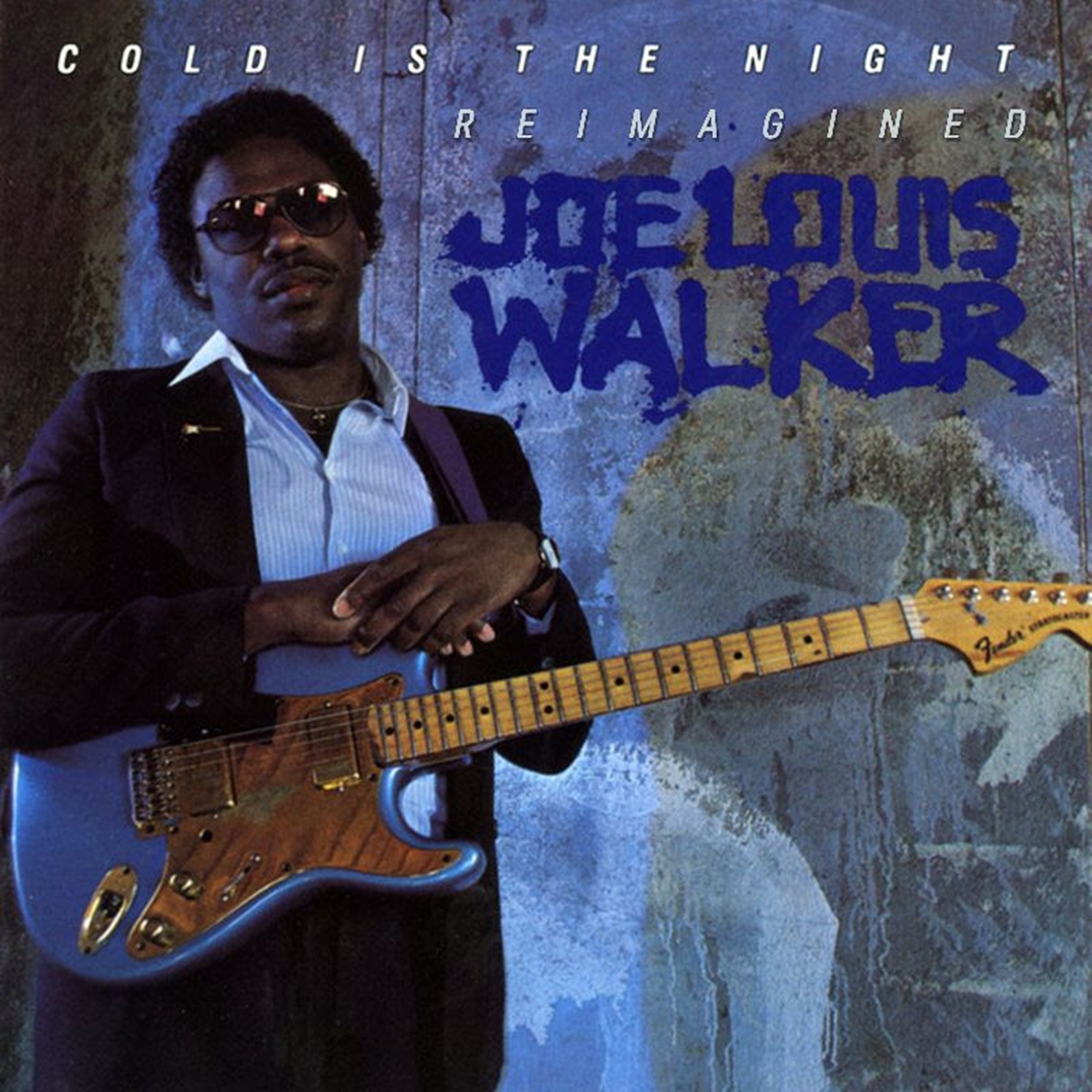In the melancholic shadow of yesternight, the world was bereft of a luminary, John Mayall, who departed this mortal coil on July 23rd, 2024. With a heavy heart, we pay homage to this titan of blues, whose life and music reverberate through the corridors of time, echoing like a somber requiem in the deepest chambers of the soul.
John Mayall, often hailed as the “Godfather of British Blues,” was born in the murky mists of Macclesfield, England, on November 29, 1933. From the tender age of thirteen, he was bewitched by the ethereal strains of the blues, a genre that would become the lifeblood coursing through his veins. His passion for music was a flickering ember, soon to ignite into a blazing inferno that would illuminate the path for countless musicians.
In the year of 1963, Mayall formed the legendary Bluesbreakers, a band that would become the crucible of talent, forging the careers of illustrious guitarists such as Eric Clapton, Peter Green, and Mick Taylor. The Bluesbreakers’ 1966 album, featuring Clapton, was a clarion call, a lamentation of raw emotion and virtuosity that etched itself into the hearts of aficionados.
Mayall’s style was a chiaroscuro of sound, a haunting symphony that melded traditional blues with avant-garde experimentation. His harmonica wails were like the cries of a forlorn specter, his keyboard playing a dirge of melancholia, and his voice a spectral whisper that danced upon the edge of the abyss. His music was a phantasmagoria, a dreamscape where one could lose oneself in the labyrinthine tales of love, loss, and redemption.
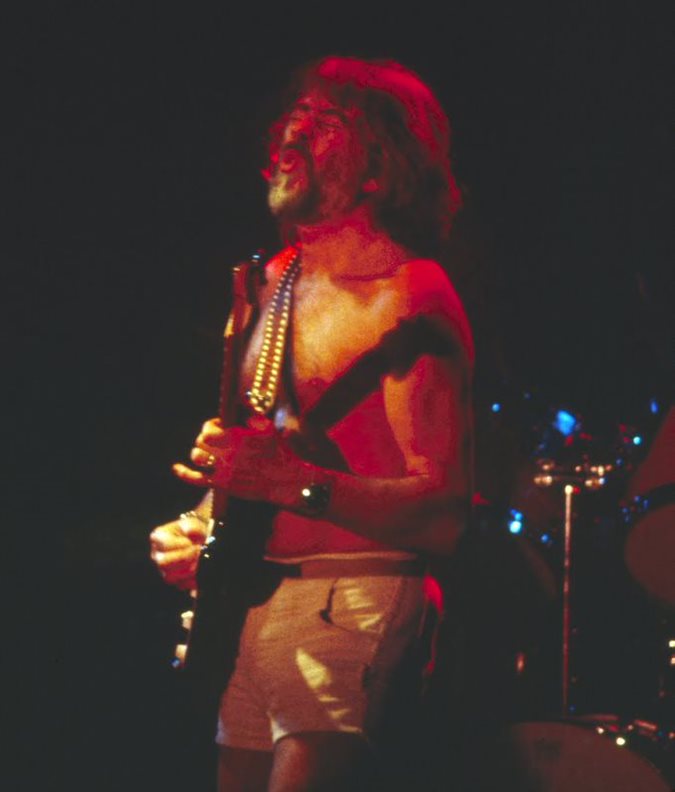
The influences that shaped Mayall’s artistry were as varied as the shades of twilight. The profound sorrow of Lead Belly, the poetic lamentations of Robert Johnson, and the poignant storytelling of Big Bill Broonzy infused his work with a depth that transcended the ordinary. Yet, it was his unique vision, an alchemical blend of tradition and innovation, that set him apart as a master of his craft.
Through the decades, Mayall’s oeuvre expanded like the spreading darkness of a moonless night. Albums such as "Blues from Laurel Canyon," "Bare Wires," and "The Turning Point" stand as monoliths, monuments to his enduring genius. Each composition was a chapter in a saga of blues, an odyssey that spanned continents and generations.
In his twilight years, Mayall continued to perform, a spectral presence on stages around the world. His music was a beacon in the gloom, a reminder of the eternal power of the blues to heal, to console, and to transcend the mundane. He was not merely a musician but a conjurer, a sorcerer of sound who could summon the spirits of the past and breathe new life into their timeless melodies.

As we mourn the passing of John Mayall, we also celebrate the profound impact he left upon the world. His legacy is a haunting refrain, a spectral melody that will linger in the hearts and minds of those who cherish the blues. In the sepulchral stillness of night, his music will continue to resonate, a timeless echo in the vast cathedral of the soul.
Mayall’s journey has ended, but his spirit endures, a luminous beacon in the ever-deepening shadows. His life was a sonnet of sorrow and joy, a harmonious convergence of the ephemeral and the eternal. In the somber cadence of his music, we find solace, a reminder that even in death, the blues live on, eternal and undying.
Rest in peace, John Mayall, and may your melodies forever haunt the corridors of our hearts.







